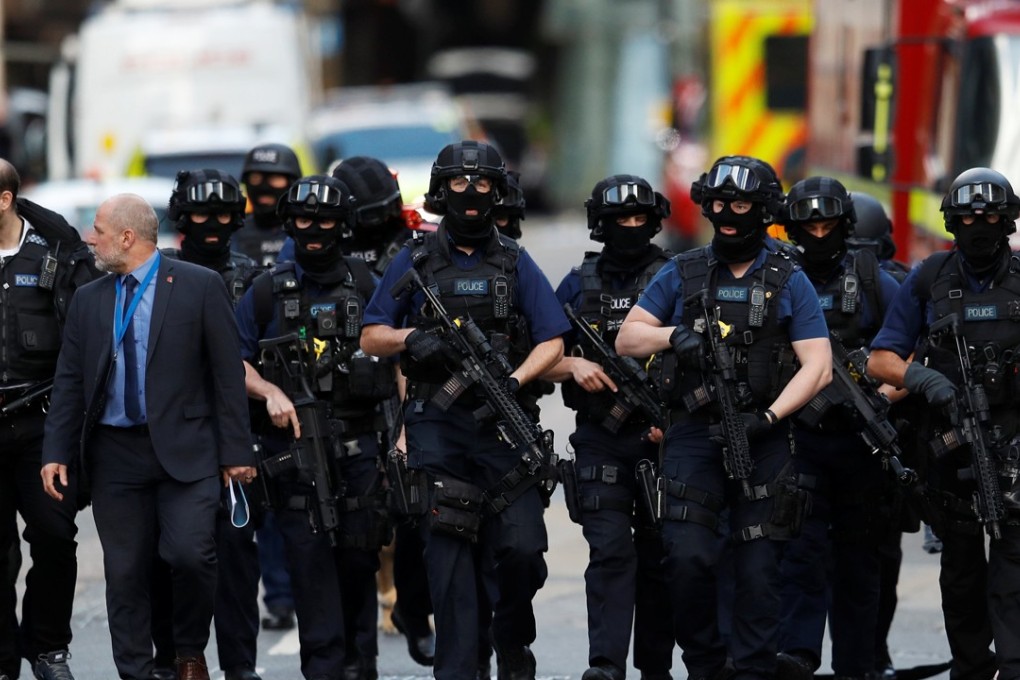Multipronged approach needed to defeat terrorism
In wake of the latest attacks in Britain, we need to rethink how to best defeat an ideology so twisted that it threatens our most cherished freedoms

London has a vaunted street-level public security system, thanks to blanket CCTV coverage. Along with a heightened alert after recent attacks, that probably accounts for the rapid security response to the latest terrorist outrage. Within minutes armed officers were on the spot, firing a hail of bullets into three assailants amid crowds gathered around a market in a busy area. For British police to come out shooting like that is unprecedented. Sadly, that did not stop the trio killing seven people. The third fatal terrorist incident in England in three months, including last month’s suicide bombing of a concert arena in Manchester that killed 22 , has sparked demands for a more effective response.
Just days ahead of a general election, the latest attack overshadows the debate about how Britain should exit Europe. Prime Minister Theresa May has delivered a crisis speech aimed at convincing voters she has answers to the threat. The government has social media in its sights, blaming it for giving space for extremist ideology to “breed”. May spoke of working with other governments to regulate cyberspace to prevent the spread of extremism and terrorist planning.
Tech giants are facing increasing pressure over patchy policing of violent and hate speech, with European regulatory data showing Twitter has failed to take down most hate-speech posts, while Facebook and YouTube have done better but not well enough. Now all three have affirmed their commitment to denying terrorists a voice online. But it is a complex issue. Not everyone is convinced, given that extremists can resort to encrypted messaging platforms.
Such curbs must therefore be part of a multipronged approach that addresses other security concerns on the ground. One voiced by police is limited resources for maintaining surveillance of suspects indefinitely around the clock. That was an issue in two previous attacks by suspects who had earlier been under surveillance that was not continued. It is a lesson not to be lost on other cities, including Hong Kong, even if they do not have a history of terrorist attacks.
If experience counts, Britain has to be one of the best-prepared potential targets, having lived through an Irish Republican Army bombing campaign and extremist terror, including the July 2005 attack that left more than 50 London commuters dead. Subject to adequate resources for monitoring and surveillance of potential threats, it seems to be on the right track. In the aftermath of evil, May’s call for a crackdown on extremist ideology as distinct from terrorist acts will resonate with some who feel freedoms of their way of life need stronger safeguards. For example, there is room for tougher jail sentences to deter people from making threats. At the same time there is a need to be wary of serving the aim of terror, which is to undermine democratic values.